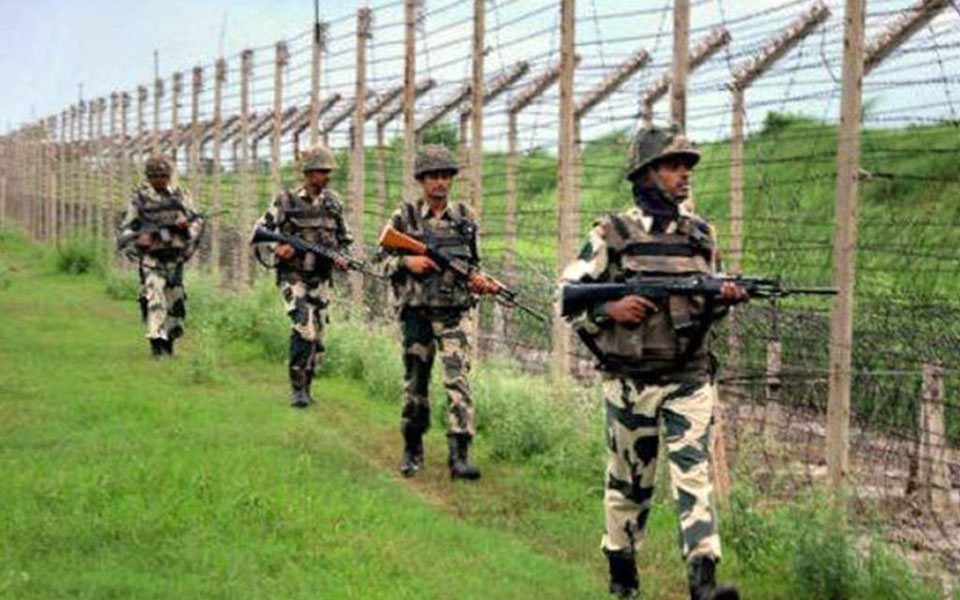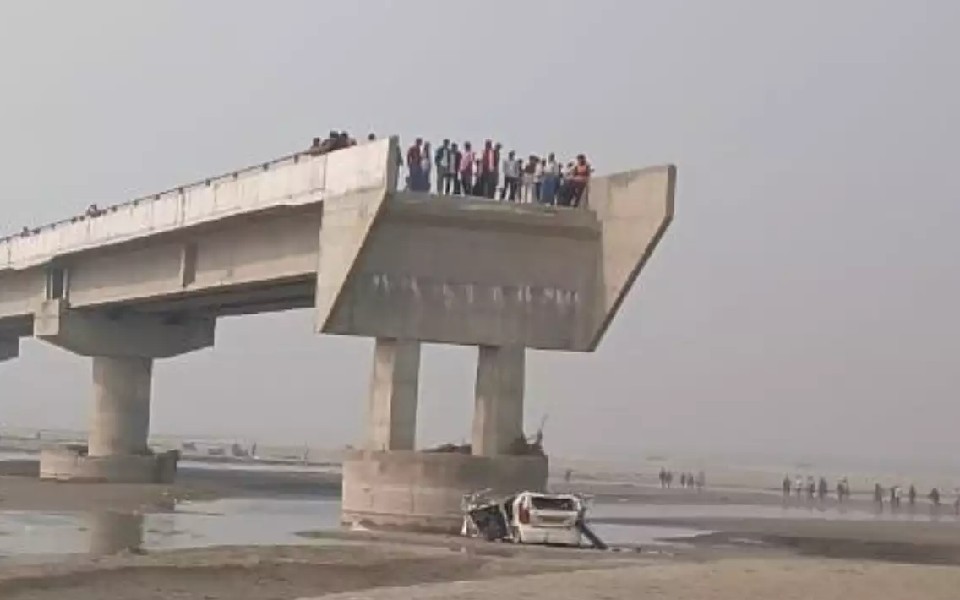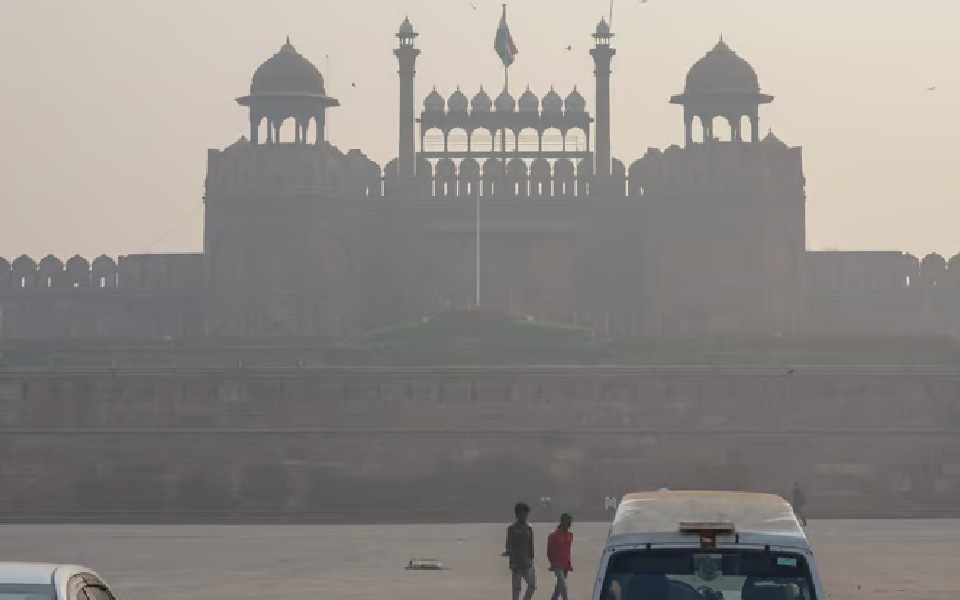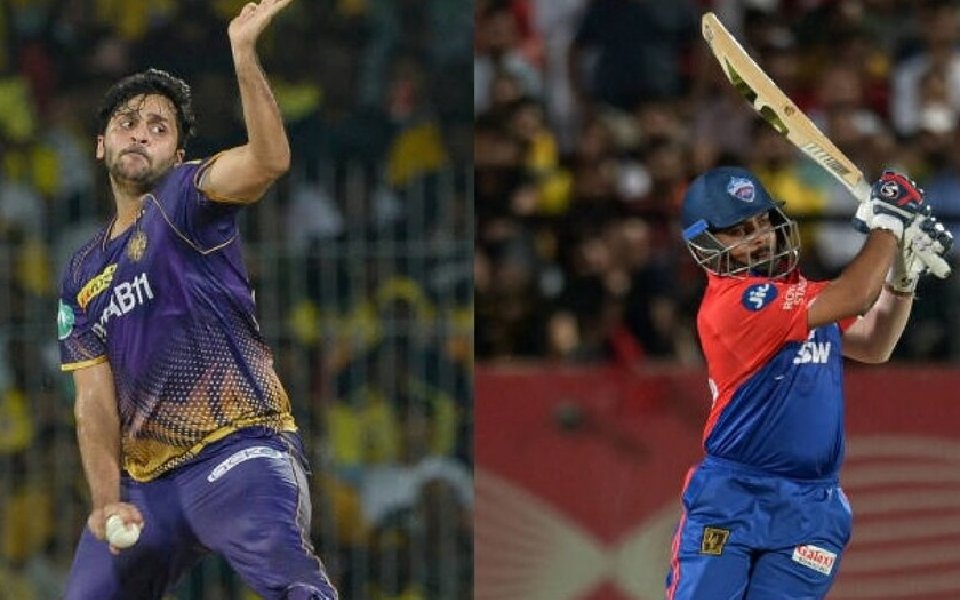Srinagar, May 30: Jammu and Kashmir Chief Minister Mehbooba Mufti on Wednesday welcomed the decision of Indian and Pakistani army commanders to uphold the 2003 bilateral ceasefire agreement in "letter and spirit".
Reacting to Tuesday's development in which the Director Generals of Military Operations (DGMOs) of the two countries decided to ensure that the ceasefire holds on borders and the Line of Control (LoC), Mehbooba Mufti wrote on Twitter: "Wholeheartedly welcome the reiteration of the commitment to the ceasefire on the border by both DGMOs.
"This brings great relief to the people residing in the vicinity (of the borders). Peace on our borders is the first essential step to a larger understanding and I truly hope it sustains."
Jammu and Kashmir has been the worst victim of border hostilities between India and Pakistan. Hundreds of families on the two sides of the LoC and the International Border have been living on the edge as mortars fired from across the border claim human lives, cattle, houses and agricultural fields.
Let the Truth be known. If you read VB and like VB, please be a VB Supporter and Help us deliver the Truth to one and all.
Budaun (UP), Nov 25: Police here have booked officials of the Public Works Department and Google Maps in connection with the death of three men whose car rolled over an under-construction bridge while following directions on the navigation app, an officer on Monday said.
The car fell into the Ramganga river from a partially constructed bridge in Dataganj Police Station area early Sunday.
Nitin and Ajit, aged 30, both brothers from Farrukhabad district, and Amit, 40, from Mainpuri district, were on their way from Noida to Faridpur in Bareilly to attend a wedding.
According to police, the driver was led by Google Maps into taking the unsafe route.
The incident took place on the Bareilly-Budaun border.
Dataganj Police Station SHO Gaurav Bishnoi said an FIR on charges of laxity in duty and others was filed against four engineers of the PWD, along with some unknown people.
The regional officer of Google Map has also been brought under the scope of investigation. His name is yet to be included in the FIR.
Meanwhile, a spokesperson of Google in a statement said, "Our deepest sympathies go out to the families. We're working closely with the authorities and providing our support to investigate the issue."
On Sunday, Faridpur Circle Officer Ashutosh Shivam said, "Earlier this year, floods caused the front portion of the bridge to collapse onto the river, but this change had not been updated in the system."
He said the bridge had no safety barriers or warning signs on the approach.





